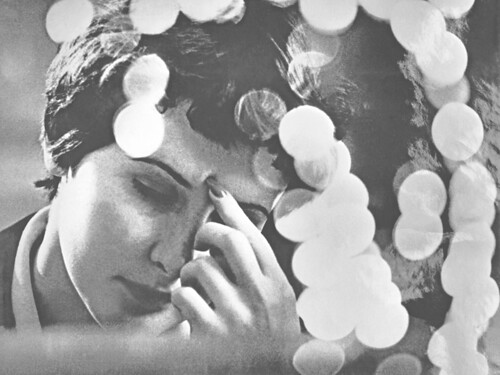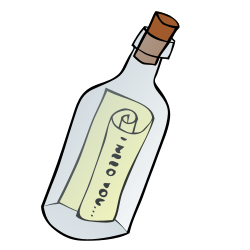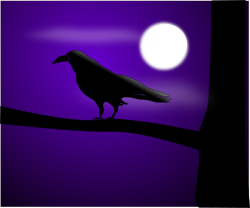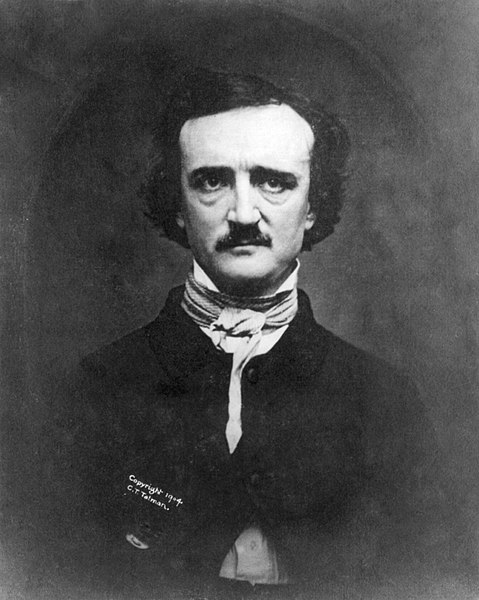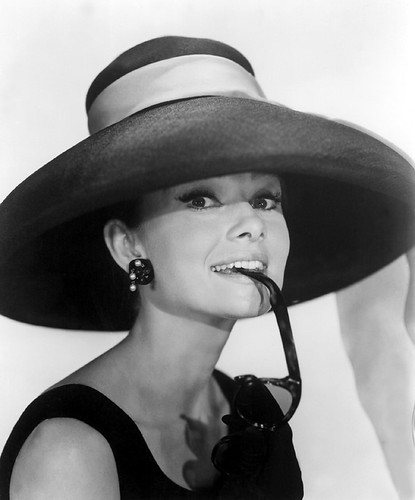If you’re a writer, you have lots
of different people living inside your head. You’re thinking about their lives,
maybe killing them off (like me), maybe hearing them speak and watching them
act. It’s not crazy – it’s what it’s like to be an author. But when you’re a
writer, don’t forget about you while you’re thinking about all those other
ideas in your head.
Truly, Madly, Deeply
There’s a scene in a movie I
love. It’s about an author who’s having trouble finding her true writing voice.
She’s writing about all sorts of fantastical things and inventing all sorts of
passionate plots, until someone close to her tells her that she ought to write
about things she’s actually experienced and people she knows. She doesn’t take
to the idea at first at all, but later it becomes her inspiration. In the
particular scene I’m thinking of, she sets herself right down at her desk and
begins to write.
Mind you, this is a period piece
we’re watching. When I say she sits down to write, I’m talking about there’s an
oil lamp on the table and a feather in her hand. So this is real writing, here. The way the scene plays,
she sits there and writes all night long. By morning’s light, she awakens from
a brief nap (one assumes) and there is a gigantic
pile of pages next to her.
She wrote the novel in one night.
I love the movie...I hate that scene. It’s utterly
ridiculous. I’ve staying up late into the night writing a chapter before, sure, but you’ve got to be part robot to write an
entire novel in just one night.
It’s just not that easy. I might
think about a book for weeks before I write a single scene, and no matter how
well-planned I’ll still struggle over that scene – maybe for hours and hours. Then
I’ve got to go back and read the darned thing, and take out all the inevitable
errors I’ve made and words I’ve repeated too many times. Sometimes I might end
up erasing the whole thing, because the plot changes or somehow the scene
becomes unnecessary.
When it takes so much time, and
blood, and sweat, and tears and sheer gut to write a novel (and it does, no
matter what the movies say), you have to be the sort of person who has people
living in your head just to live through it. You have to tune out the world and
focus on your task, think and re-think your plot, really become those characters and step outside of yourself.
Just don’t get too far outside yourself.
Who…Are…You?
All good writers have to set
their own limits. Otherwise, we’d never get up from behind our keyboards. I’ve
forgotten to eat and missed major events because I got too caught up in a
story, and didn’t even really realize that time was passing. How can time be
passing when I’m not even here? I’m a hundred years in the past, so how could
any time be going by?
But it does, and all authors are only human beings at the
end of every day. It takes a lot of time and energy to write a book, but don’t
start losing sleep over it. Don’t start skipping meals, or blowing off your
family, or forgetting about your other responsibilities. Don’t stop doing all
the things you used to do before you started writing the book. If you exercise
or walk the dog, keep on doing that. If you play a game for an hour each night,
don’t stop. When you’re writing a book, don’t forget about you.
The brain and the body has to have a certain amount of rest
and a certain amount of nutrition in order to stay healthy and continue functioning
at its peak. You can definitely get by with less sleep, fewer calories and a
lot more stress, but your goal should never be to simply “get by.” Your book is
going to be a lot better if you approach it with a clear mind, well-rested,
with plenty of energy from food in your belly. Continue doing what you do to
relieve stress, and continue staying in touch with friends and family.
Self-published authors have a way of putting a ton of
pressure on themselves with self-set goals and deadlines, but this can be
damaging. It’s good to be disciplined, but it can be taken to a dark place. You’ve
got to give yourself downtime and rest, too. You cannot work all the time, or think about the book all the time.
Some of the best ideas come when I’m not
thinking about my stories, because that’s when my brain is actually free to be
creative. You can’t go up to your brain, scream “be creative!” when you’re
tired and stressed out and expect to get results. Whatever you write under such
conditions will be less than your best. And why would you ever want to present
less than your best to a reading audience?







